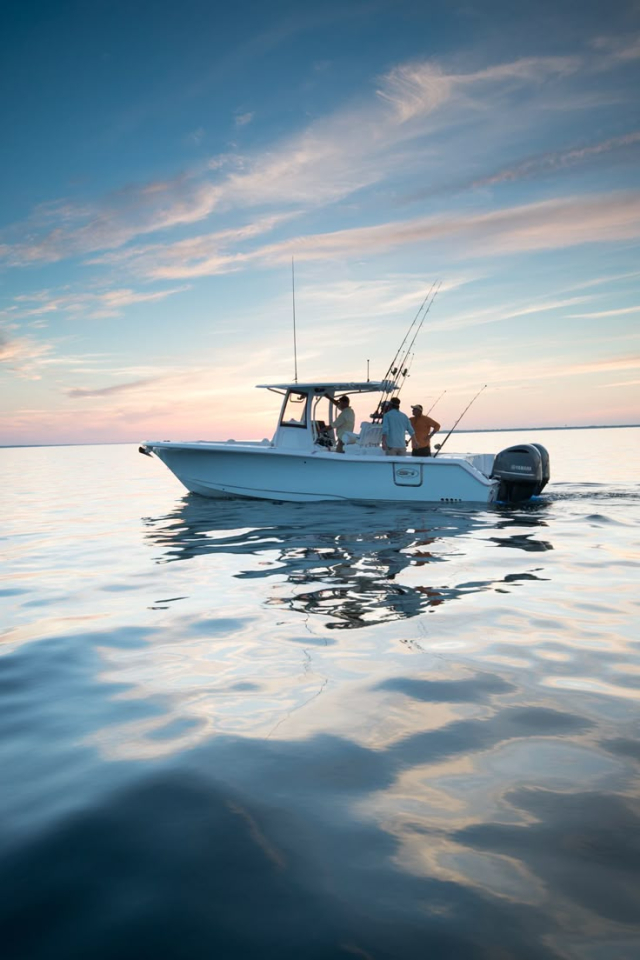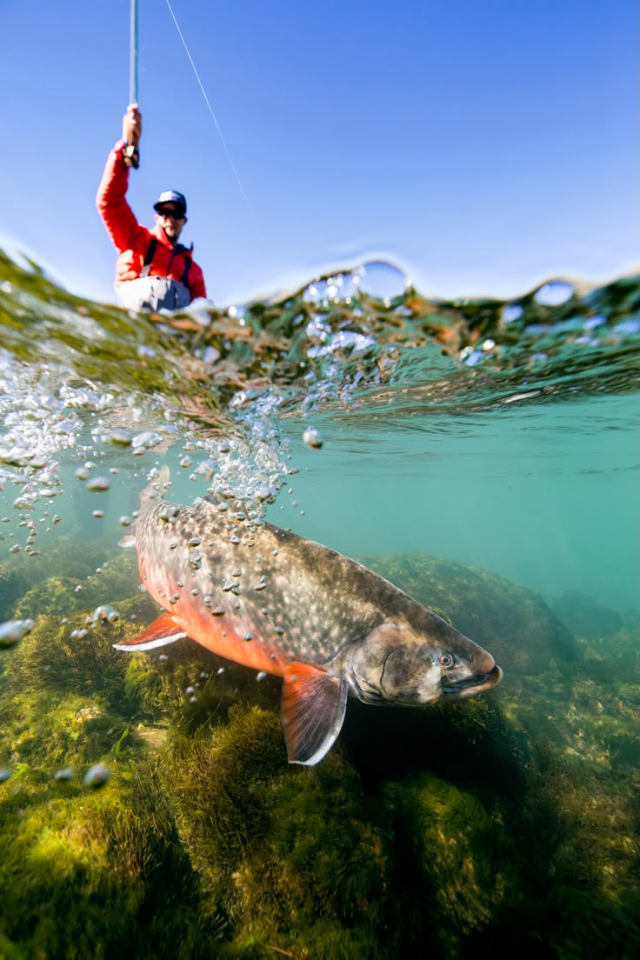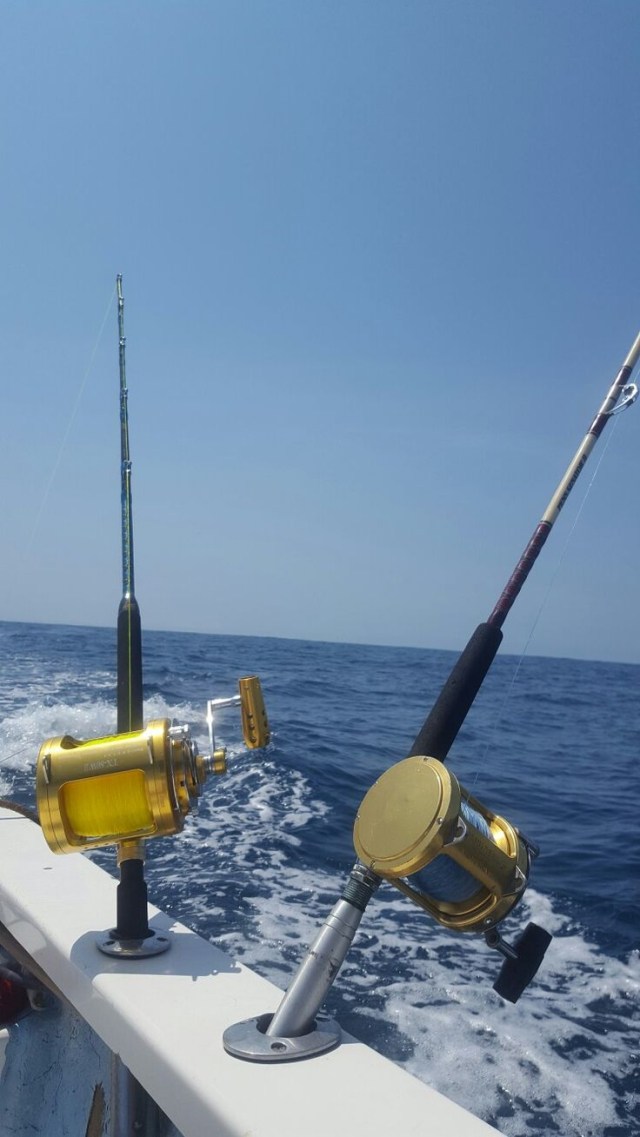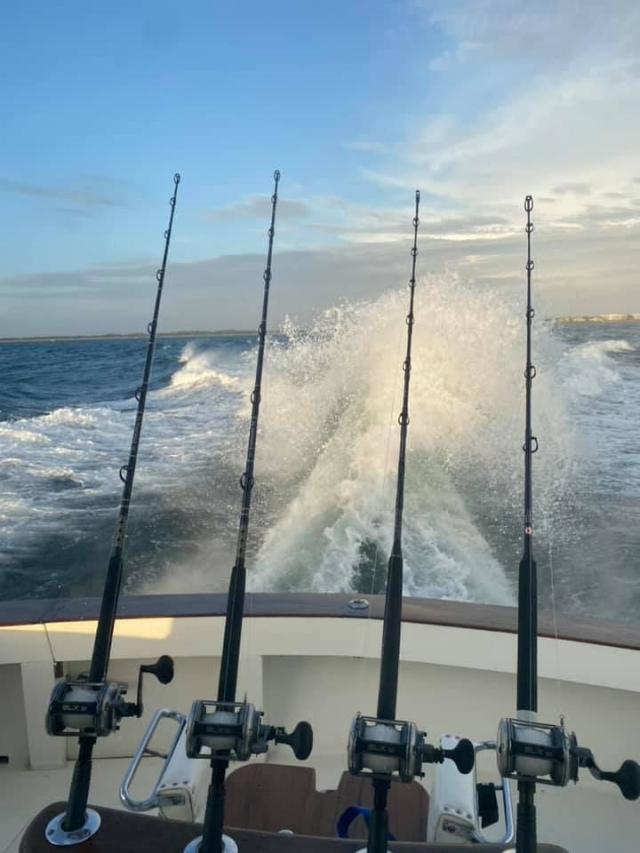Sport fishing is one of the most exciting and relaxing activities you can enjoy in the sea, rivers, or lakes. More than just a technique for catching fish, it's a practice that combines patience, strategy, and adrenaline, becoming an unforgettable experience for those who love nature and the challenge of facing different marine species. Whether you do it alone, with friends, or with family, sport fishing allows you to disconnect from the fast-paced everyday life while exploring spectacular aquatic settings.
You may also be interested in: Five Effective Fishing Techniques
Sport fishing methods and the best destinations


Depending on the location and the technique used, sport fishing offers different forms, each with its own charm and level of difficulty. One of the best known is deep-sea fishing, ideal for those looking to catch large species such as marlin, tuna, or sailfish in the open sea. To practice this sport fishing, you need a boat equipped with GPS and echo sounder technology, as these fish are usually found in deep waters.
On the other hand, fly fishing is a more technical and refined form of fishing practiced in rivers and lakes. It uses artificial lures that mimic insects to attract species such as trout or tarpon. This technique requires precision and knowledge of fish behavior, making it highly prized among experienced anglers.
Another popular option is trolling, where the lure is dragged behind the boat to attract predatory fish. It's one of the most effective techniques in coastal areas and is commonly used on guided excursions. For those looking for a more accessible experience, fishing from the shore or docks can be an excellent alternative, allowing for varied catches without the need for a boat.
Regardless of the fishing option chosen, choosing the right destination is key. Some of the best areas for sport fishing include the Caribbean, with its crystal-clear waters and abundant marine life; the Gulf of Mexico, known for its wealth of large game fish; and the Pacific coast, where you can find impressive roosterfish and dorado.
You may also be interested in:
Essential equipment and tips for successful fishing

To enjoy sport fishing to the fullest, it's essential to have the right equipment. The rod and reel are the most important elements and should be chosen based on the type of fishing you intend to do. For deep-sea fishing, for example, heavy-duty equipment is recommended, while for fly fishing, a lighter and more flexible rod is needed.
Lures and baits also play a key role, as they mimic the movements of natural prey to attract fish. There are artificial options like jigs, spoons, and poppers, as well as live bait like shrimp or minnows, which tend to be more effective against certain predators.
In addition to fishing gear, it's essential to wear comfortable clothing appropriate for the activity. A hat, polarized sunglasses, and sunscreen are essential for sun protection, while a life jacket is mandatory on boats to ensure safety in case of unforeseen events.
One aspect that shouldn't be overlooked is planning. Knowing the weather conditions, tides, and fishing seasons at each destination can make the difference between a successful day and a frustrating one. The best times to fish are usually at dawn and dusk, when many species are most active.
You may also be interested in: Snorkeling in Santa Marta, Colombia
Sustainable fishing and regulations

While sport fishing is an exciting activity, it is essential to practice it responsibly to preserve aquatic ecosystems and ensure that future generations can continue to enjoy this experience. In many destinations, there are specific regulations that anglers must follow, such as mandatory licenses and minimum catch sizes.
One of the best ways to contribute to conservation is through catch and release, which allows you to enjoy the thrill of fishing without harming marine populations. To achieve this, it's important to handle fish carefully, use catch-and-release hooks, and return them to the water quickly to minimize any stress they may experience.
Likewise, avoiding the use of polluting materials such as toxic lead and not dumping waste into the water are key to maintaining the purity of ecosystems. Many vessels and tour operators already implement eco-friendly policies, promoting sustainable practices among fishermen and visitors.
Sport fishing is much more than a recreational activity: it's an experience that connects people with nature, fosters patience and strategy, and offers moments of pure excitement. Whether chasing a big fish offshore or enjoying a quiet day on a lake, this sport has something to offer everyone, from beginners to experts.
If you're ready for this adventure, make sure you have the right equipment, choose the ideal destination, and, above all, practice fishing responsibly. Get ready to cast your line and enjoy the thrill of sport fishing!


